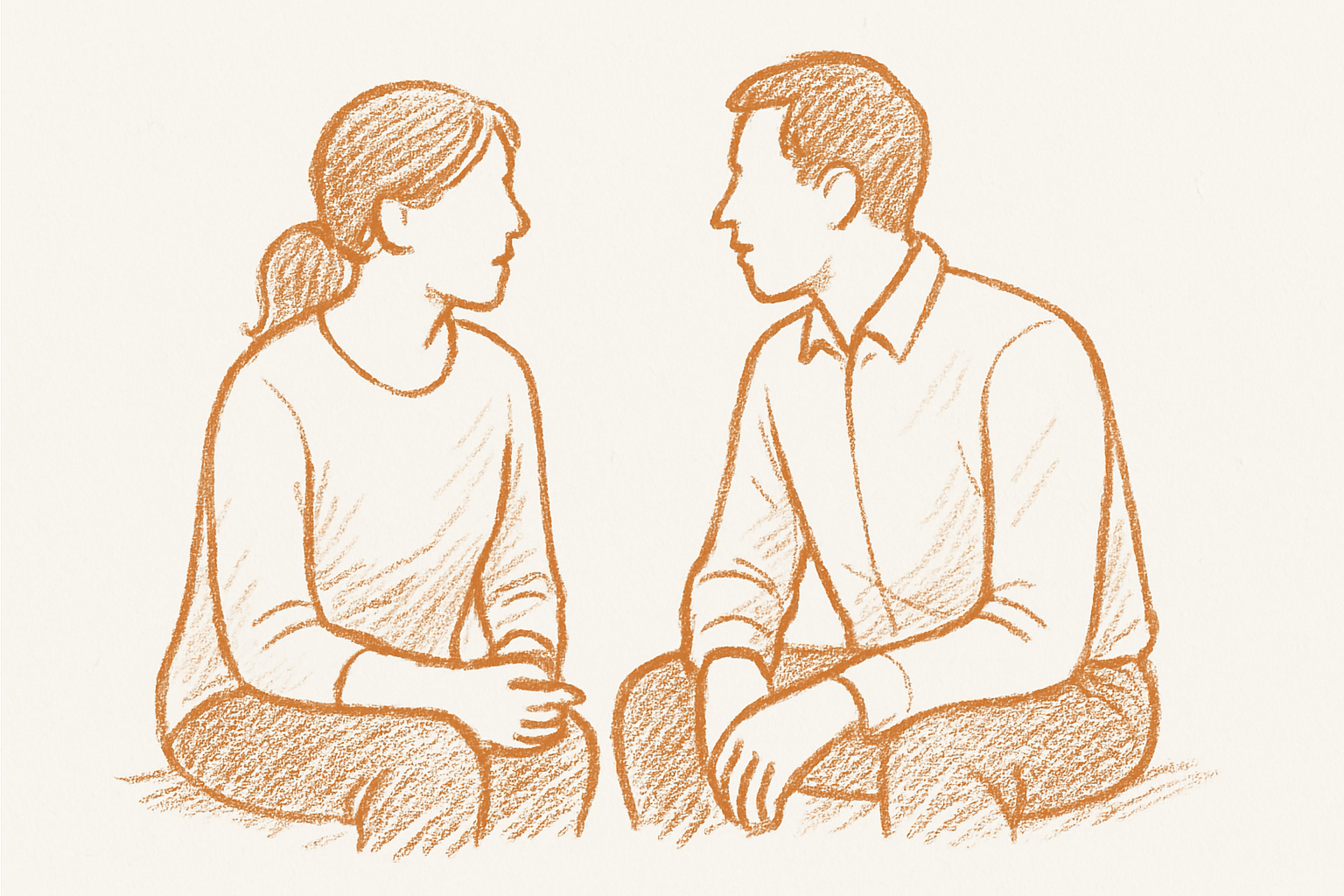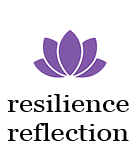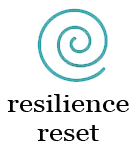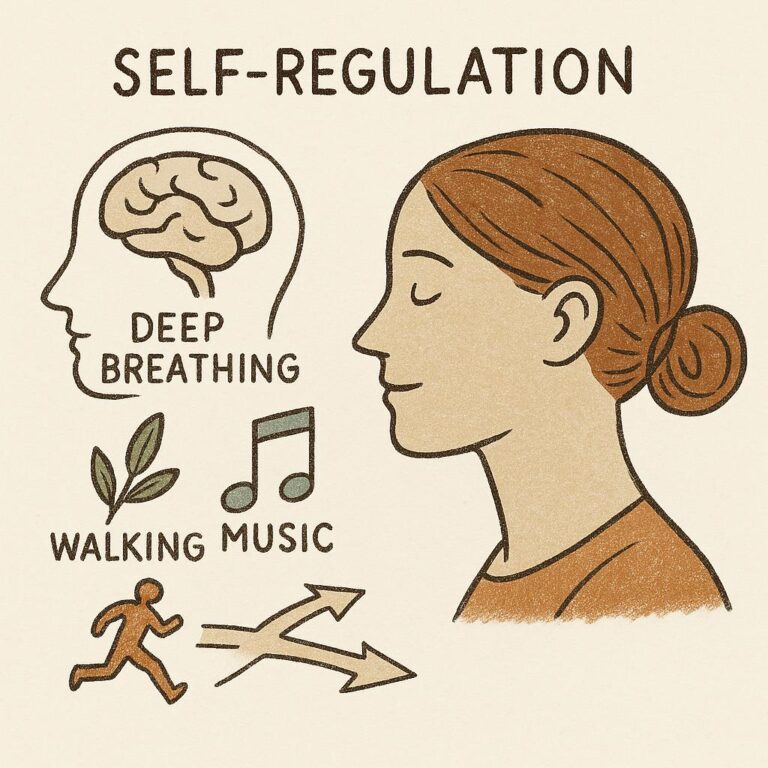Helping Others Build Resiliency
You Don’t Have to Be Perfect—Just Present

The best way to teach resilience?
Live it.
You don’t need to fix people. You don’t need perfect advice. You don’t even need to have it all together. What helps others build resilience is seeing someone else respond to life with honesty, humility, and intention.
Resilience isn’t just something we build for ourselves—it’s something we can model and nurture in others. Whether you’re a parent, a leader, a partner, or a friend—your presence matters more than your perfection.
And here’s the key: you don’t need to have it all figured out to be helpful.
In fact, trying to fix others can backfire. What people often need most is your presence, not your solutions.
Modeling resilience means showing what’s possible.
Humans learn through observation. We notice how others handle stress, how they recover from failure, how they talk about their emotions, and how they navigate challenges.
Resilience is contagious. It transfers not through instruction but through example.
When you model emotional agility, self-regulation, or optimism, others see it’s possible.
- Be a steady presence.
- Ask thoughtful questions.
- Share a strategy that helped you—not as a lesson, but as an offering.
It means being honest (and vulnerable) about your stress without falling apart. - It means listening more than lecturing.
You’re not telling them what to do—you’re showing them that choice is available, even in hard times.
Resilience is contagious. You don’t need to lead with answers. You just need to lead with presence.
Tweet
Others learn from your example, not your advice.
What’s your resilience level? Take the quiz at opalcoaching.com
#Resilience #Leadership
Below, you will find something to do, read, and watch. I have included one thing to reflect on, a gentle nudge to prompt a resilience practice, and a short thought to reset your resilience. I follow with other sources to continue building your resilience toolkit.

Reflect:
Who in your life might benefit from seeing how you navigate stress or uncertainty this week?


Nudge:
- Ask a loved one, “What helps you feel grounded when things get hard?”
- Share one resilience skill you’ve practiced lately—without offering advice, just as a story. Keep it personal—not preachy.

Reset:
You teach resilience by living it out loud. You don’t need to be perfect—just real.
To Read
How to Quiet a Racing Mind to get to Sleep—an article from Everyday Health. If you have trouble falling asleep or staying asleep, try these strategies to quiet your mind and get the rest you need.
To Watch
How to Turn your Brain off at Night—a video about a Forbes article with strategies to help those who have a mind racing at night, stress about daily demands, or anxiety about the future.
Next
In our final article in the resilience series, we’ll reflect on what you’ve learned and what you want to carry forward. Resilience isn’t about bouncing back occasionally; it’s about being resilient.





